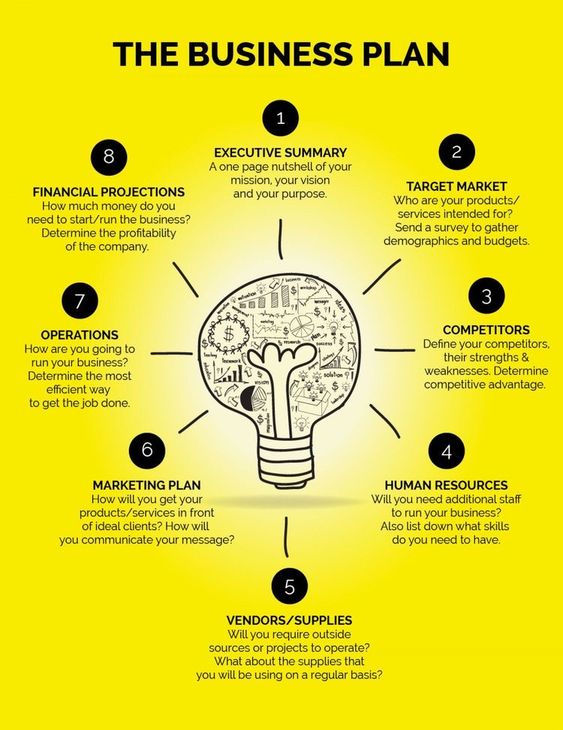Creating a winning business plan is crucial for the success of any entrepreneurial endeavor. It serves as a roadmap that outlines your business goals, strategies, and financial projections. In this blog, we will guide you through the key steps to create a winning business plan.
- Executive Summary: Start your business plan with a compelling executive summary. This section provides an overview of your business, highlighting its unique value proposition, target market, competitive advantage, and financial projections. Keep it concise yet engaging to grab the attention of potential investors or stakeholders.
- Company Description: Provide a detailed description of your company, including its mission, vision, and values. Explain the nature of your business, its legal structure, and the industry in which it operates. Define your target market and outline the specific products or services you offer.
- Market Analysis: Conduct thorough market research to understand your target market, industry trends, and competitors. Identify your target audience’s needs, preferences, and purchasing behavior. Assess your competitors’ strengths and weaknesses to position your business effectively. Use this information to identify opportunities and develop effective marketing strategies.
- Organization and Management: Outline the organizational structure of your business. Describe the key members of your management team, their roles, and their expertise. Highlight any unique qualifications or experiences that set your team apart and contribute to the success of your business. This section demonstrates your team’s capabilities and establishes credibility.
- Product or Service Offering: Provide a comprehensive description of your products or services. Explain their features, benefits, and how they address customers’ pain points or meet their needs. Emphasize what sets your offering apart from competitors and how it provides value to customers.
- Marketing and Sales Strategy: Outline your marketing and sales approach to attract and retain customers. Define your target market segments and detail your marketing channels, such as digital marketing, social media, advertising, or direct sales. Describe your pricing strategy, distribution channels, and customer retention initiatives. Include sales forecasts and revenue projections based on your market analysis.
- Operational Plan: Explain the operational aspects of your business, including your location, facilities, equipment, and suppliers. Detail the production or service delivery process, quality control measures, and any necessary permits or licenses. Provide an overview of your supply chain management and operational timeline.
- Financial Projections: Develop realistic financial projections that include income statements, cash flow statements, and balance sheets. Use historical data, market research, and industry benchmarks to estimate your revenue, expenses, and profitability. Include assumptions and provide a clear breakdown of costs, sales forecasts, and projected financial milestones.
- Risk Assessment and Mitigation: Identify potential risks and challenges your business may face and provide strategies for mitigating them. This can include competitive risks, market volatility, regulatory changes, or operational challenges. Demonstrate that you have analyzed these risks and have contingency plans in place to address them effectively.
- Appendix: Include any additional supporting documents in the appendix, such as market research data, product samples, resumes of key team members, legal agreements, or licenses. This section provides supplemental information that supports and validates your business plan.
Conclusion: Creating a winning business plan requires careful research, analysis, and strategic thinking. It serves as a roadmap to guide your business’s growth and success. By following these key steps and providing a comprehensive overview of your business, you can create a compelling business plan that attracts investors, secures financing, and sets the foundation for a successful entrepreneurial journey. Remember to regularly review and update your business plan as your business evolves and market conditions change.









